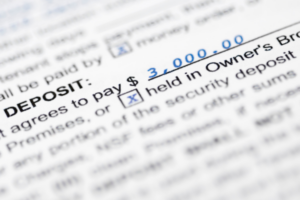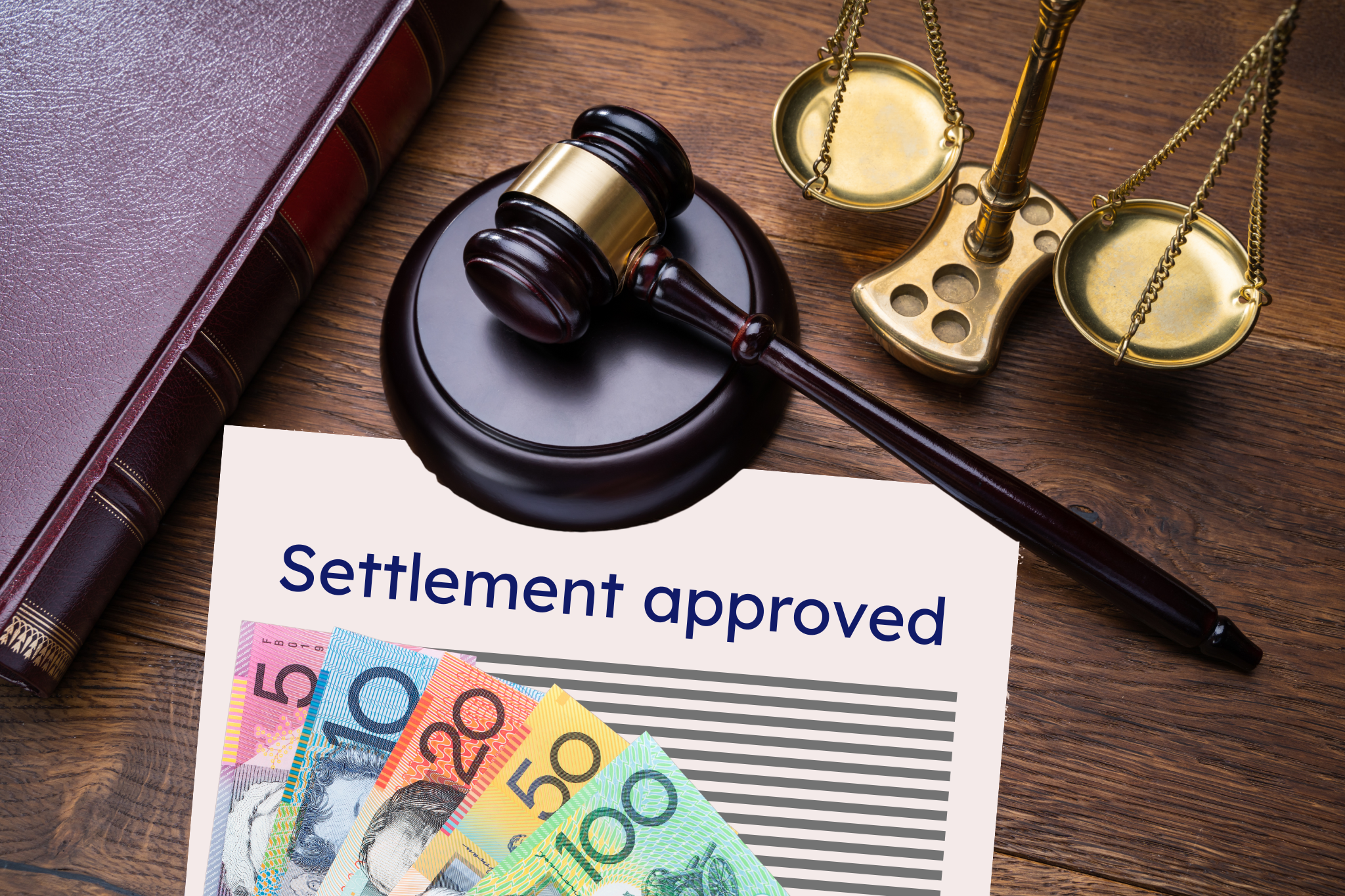
Getting your money back: Are deposits refundable?
Last updated on March 6th, 2025
Down payments help secure everything from a table at a restaurant to a dream home, but what if circumstances change? Are deposits refundable?
The answer isn’t simple. It depends on many factors, including what the deposit was for, whether there was a cooling-off period, and the terms of any contract signed.
While you have certain protections under Australian Consumer Law (ACL), it is important you understand your rights and responsibilities before you make a deposit, even more so if the down payment has far-reaching financial consequences, such as buying a house or car.
Making a deposit
Deposits are increasingly common for goods and services, providing assurance to buyers and sellers that the transaction will go ahead.

Restaurants wary of taking group bookings and being left with costly last-minute cancellations increasingly ask for a deposit, with a non-refundable amount stated if you cancel after a certain time. Hotels and other accommodation also often have cancellation windows before they will either take a deposit from your nominated card or allow you to cancel without losing your deposit.
If you book through an online agent or website, make sure you read the terms and conditions before making a deposit. If you cancel without a valid reason (that is, you just change your mind), the supplier will usually be able to keep your deposit.
If you’re buying household goods, you may also be asked to make a deposit to secure the order, with the outstanding amount due either before or on delivery. The same will apply with services, such as event planning – nothing will happen until you make a deposit.
The stakes become higher the more money you spend and, therefore, the higher the deposit. It is essential you know what you are signing up for.
What is a cooling-off period?
A cooling-off period is a limited amount of time written into a contract in which you can reconsider your purchase. Always ask if one applies and whether it can be varied at all.
Under the ACL, you have an automatic right to a cooling-off period of 10 days for goods or services bought through telemarketing or door-to-door sales.
The cooling-off period for property purchases varies between two and five days from the time the contract was signed, depending on where you live in Australia. Tasmania does not have a cooling-off period and Western Australia has no mandatory period.
If you withdraw within the stipulated time, you may get most, if not all, of your deposit back. This does not apply to houses bought at auction. If you back out of a sale after the cooling-off period, you will lose your entire deposit, unless the seller is deemed to be in breach of the contract.
There are also cooling-off periods for cars bought from dealerships, though it varies considerably from state to state, so be sure to check the regulations regarding the return of car deposits in your state or territory. Cooling-off periods do not apply to deposits made to private sellers.
What is a non-refundable deposit?
This is when a buyer pays a certain amount to secure a service or goods with the knowledge that they will not get a deposit refund if they change their mind. It is designed to protect sellers from last-minute cancellations and costs they may have incurred in the lead-up.

For example, if you ordered a $900 cake for a special occasion, a deposit of $400 might be requested to cover the cost of ingredients and preparation. If you then cancelled the order, you would not be required to pay the rest, but the baker would not be out of pocket for the costs incurred so far.
Non-refundable deposits are only legal, however, if the buyer is made aware of them. The business should clearly state the deposit is non-refundable and under what circumstances it is applied. You may be asked to sign something, or it could be as simple as ticking a box on their website to say you’ve read the terms and conditions, so make sure you do.
The amount should also be considered fair and reasonable; that is, the deposit should be in proportion to the business’s costs and time accrued before you cancelled.
Even if you have agreed to a non-refundable deposit, you may be entitled to a refund if the seller or supplier has engaged in misleading or deceptive conduct or breached their contract. This includes if they fail to deliver the goods or service as promised.
How do I protect my deposit?
Remember that deposits are designed to protect both seller and buyer, so you have responsibilities as well as rights.
The best way to secure your deposit is to read any contract before you sign and ask questions upfront. Is my deposit refundable? Is there a cooling-off period? Will I get all my deposit back?
If you believe you are entitled to a cooling-off period, ask for it to be written into the contract. Get the seller to clearly outline their refund policies. If you don’t understand any wording, ask for it to be explained or made clearer. The upshot is you should know before you hand over a deposit if it is refundable and under what circumstances. It may even influence your decision to buy.
Struggling to get a deposit refund you believe you’re entitled to? Lodge your complaint with us and we’ll help you handle it.






